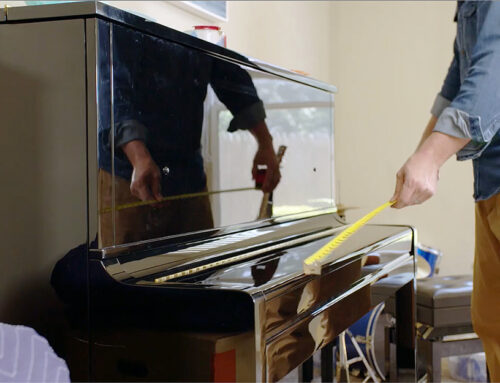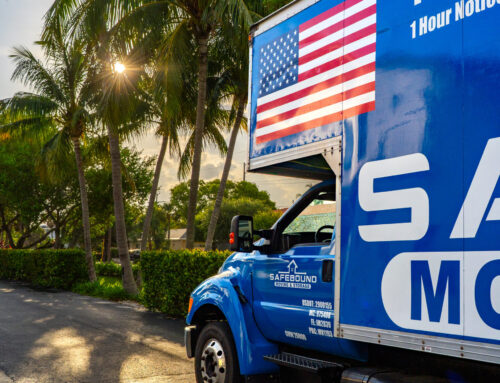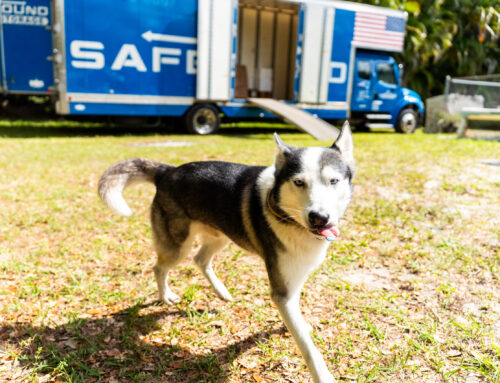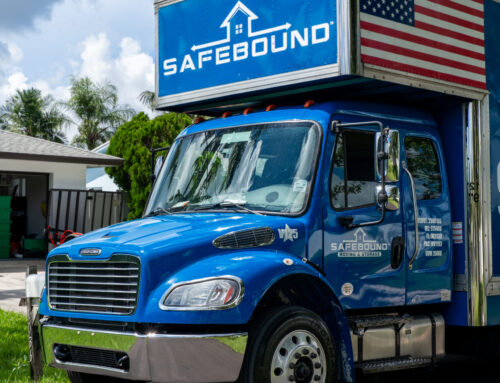Corporate Moving As A Tax Write-Off
If you have a company that will be moving soon, you’re probably looking into what that means for your pocketbook. Aside from moving expenses and any employee moving deductions, how does moving your company affect your taxes?
While the Internal Revenue Service has several new restrictions on how moving expenses can be deducted for individuals (as of 2018, the 2017 tax cut and Jobs Act law has been suspended until 2025), the rules are a lot more flexible for company-related deductibles. Let’s take a look at how you can expect your corporate move to affect your taxes…
Smaller Companies
First off, if your company is a:
- Sole Proprietorship
- Partnership
You will have a couple of guidelines. If you are a sole proprietorship or a partnership, you can deduct moving expenses. However, the requirements are that you move at least 50 miles and work at least 39 weeks in the 12-month period after you make the move for a total of 78 weeks in the first 24 months.
Corporations and LLC
Corporations and limited liability companies can expect more flexibility when tax season arrives. Both types of companies can deduct all moving expenses from company taxes. This includes things like:
- Transportation
- Packing Materials
- Moving Labor
- Brokerage Commissions
- Travel
Ensure you keep tabs on any moving-related expenses, as most of them will likely qualify to be a deductible.
Moving Equipment and Furniture
If you are opening a branch location or additional location, any expenses involving relocating furniture, equipment, and supplies can be deducted. As of 2018, individuals cannot deduct moving expenses (unless they are military personal). Thus, if you are relocating employees, you can choose to pay their moving expenses and use that as a deduction for your companies move.
What you may not deduct
When deciding what qualifies as a moving expense, it’s essential to differentiate between a moving expense and a business expense. This is because you will not be able to deduct anything that isn’t directly related to the move.
For example, if you are in the midst of a move while still working, if you have expenses such as travel, meals, and lodging, the expenses would be considered business expenses, not moving expenses.
Meals, in particular, can no longer be accounted for as moving expenses unless you can prove (with documentation) that they were related to the business move. If, for example, you had to stay in the moving location to manage the move, you might be able to file the meal under lodging and meals.
Employees
Laws are constantly changing for what tax deductions will look like for relocating employees. It was recently decided that for 2018 to 2025 that “employers must include moving expense reimbursements in employees’ wages. The new tax law suspends the exclusion for qualified moving expense reimbursements.”
The law holds exceptions for members of the U.S Armed Forces that qualify and for employees who incurred moving expenses prior to January 01, 2018.
Expenses
Not sure what exactly counts as an expense? Here are some of the common expenses business owners can expect to use as deductibles if you’re still not sure what exactly falls under the “moving expenses” umbrella:
- Lease Expenses. Business relocations are similar to personal moving expenses as far as the way we have to pay for the initial move. When you chose the new space for your business, chances are your new landlord required a security deposit and first and last month’s rent. Those expenses are all deductible, so make sure you show your accountant all those receipts.
- Moving Expenses. As discussed previously, anything to do with getting from point A to point B is considered a moving expense. Moving Professionals, boxes, tape, even paper. This is probably the easiest part to lose track of.
You might be tempted to “run to the store” and get some quick moving supplies without thinking about keeping the receipts. Still, you really should keep all documentation that pertains to the physical move. That includes receipts for everything.
- Leasehold Improvements. Any alterations made to the new space to make it suitable for operations can be deducted. If you are in the food industry, this rule will apply the most. Some restaurant-type locations require thousands of dollars in improvements before they are up to code and ready for business.
- Missed Opportunities. If your company simply cannot keep operating during the moving phase, talk to your accountant about any money lost during the physical moving phase. This can pertain to any missed opportunities or business setbacks as a result of the physical move. It’s worth the shot.
- Damaged Goods/New Equipment. If you lose or damage any of your equipment at any point during the move, make sure to find its replacement sooner rather than later to add it to the move deduction.
The Right Team
Most people will never know the work that goes into owning a business, let alone the extra effort it takes to understand what it means for your taxes. It is vital to shop around for the right business accountant. While you should trust this person, do your own research on business expenses on moving laws. Always ask a lot of questions.
Additionally, you will want to make sure you have the right team in every aspect of the move. Hiring a reputable professional moving company that can provide excellent service and the proper documentation for your taxes is also important.
Final Words
It’s no secret that moving is a highly stressful task. Moving a whole company has its own set of challenges, those of which include dealing with taxes. If you remember to do all the research ahead of time, talk to your accountant (also ahead of time), and keep all documentation in a safe place, the rest of the work should be smooth sailing.





